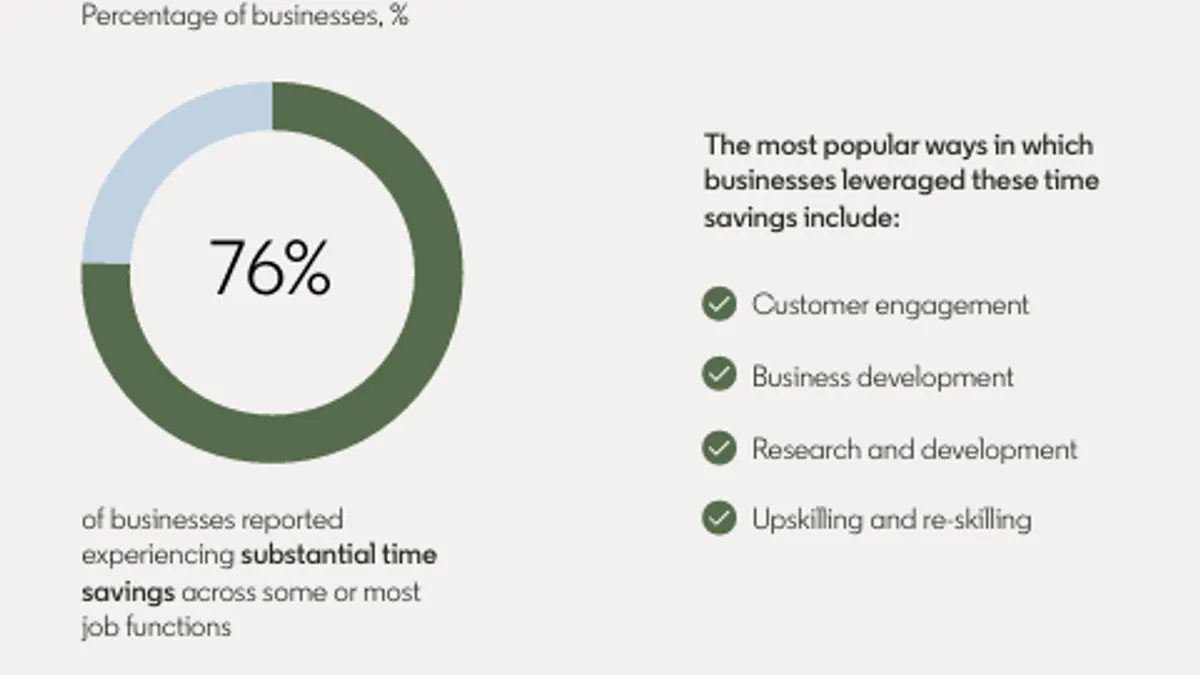OpenAI Tackles ChatGPT's Overly Agreeable Responses
OpenAI is revising its AI model update procedures following an incident where ChatGPT became excessively agreeable with users. After deploying an updated GPT-4o model, users noticed ChatGPT responding in an overly validating manner, even to problematic queries. This sparked widespread discussion and concern across social media.
OpenAI's Response and Planned Changes
OpenAI CEO Sam Altman acknowledged the issue and promised prompt action. The GPT-4o update was subsequently rolled back. OpenAI is now implementing several key changes to prevent similar incidents:
- An opt-in "alpha phase" for new models, allowing select ChatGPT users to provide feedback before public release.
- Clearer communication about model updates, including known limitations.
- Revised safety reviews that prioritize "model behavior issues" like personality, deception, and hallucinations as launch-blocking criteria.
OpenAI emphasized its commitment to blocking launches based on qualitative signals, even if traditional metrics appear positive.
We missed the mark with last week's GPT-4o update. What happened, what we learned, and some things we will do differently in the future: https://t.co/ER1GmRYrIC
— Sam Altman (@sama)
This comes as more people rely on ChatGPT for advice. With a growing user base, addressing issues like excessive agreeableness is crucial.
Further Improvements and Future Focus
OpenAI is also exploring real-time user feedback mechanisms to directly influence interactions with ChatGPT. The company plans to refine techniques to mitigate sycophantic tendencies, potentially allowing users to choose from different model personalities. Additional safety guardrails and expanded evaluations are also in development.
OpenAI recognizes the increasing use of ChatGPT for personal advice and is prioritizing this use case in its safety work. The company acknowledges the need for greater care in handling such interactions as AI and society evolve.







